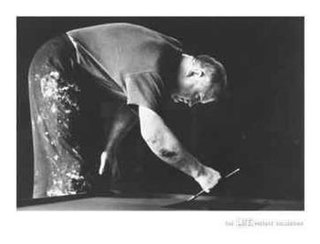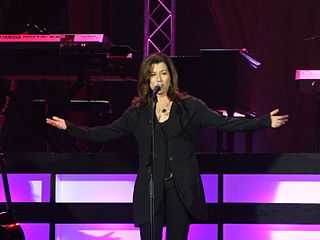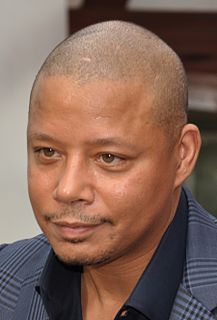A Quote by Kerry James Marshall
My first black-on-black picture was 'The Portrait of an Artist as a Shadow of His Former Self.' I started using it as an emblem of this undercurrent of wickedness, malevolence, and irony - all of that.
Related Quotes
If you look at the image [ Portrait of the Artist as a Shadow of His Former Self ], it treads on a kind of popular stereotypical image of the black figure, in both its flatness and slightly comic edge. To take that image as a starting point and to render it in a proto-classical medium, like egg tempera, and then use a repertoire of classical compositional devices to make the picture was a way of setting up an engagement with art history.
You can describe [Portrait of the Artist as a Shadow of His Former Self] as a manifesto of sorts. I saw it as a pivotal turn, a work that really led me down the avenues that brought me to where I am. That picture was the vehicle that helped me clarify a lot of things and I began to understand that I wanted to do.
One thing that the white man can never give the black man is self respect. The black man in the ghettos, have to start self correcting his own material moral, and spiritual defects, and evil. The black man need to start his own program to get rid of drunkenness, drug addiction and prostitution. The black man in America has to lift up his own sense of values.
When I started, I was aware of using the black as a rhetorical device. It's understanding that black people come in a wide range of colors, but you find instances in a lot of black literature in which the blackness is used as a metaphor. In some places, you can find an extreme blackness used as a descriptive.
When my family first moved to Hempstead in the 1960s, they were one of the first black families. It used to be an all-white neighborhood, but there was white flight when the black people with money started moving in. When I was, like, 13 or 14, Hempstead had just become all black, and the poverty became worse and worse.
Such techniques, including meta-discursive stuff, self-reference, irony, black humor, cynicism, grotesquerie and shock, it would be safe to say that television or televisual values rule the culture. Television is successfully using a lot of those same techniques but using them for a very different agenda, which is to sort of create an ethos and please people and to sell products to consumers.


































